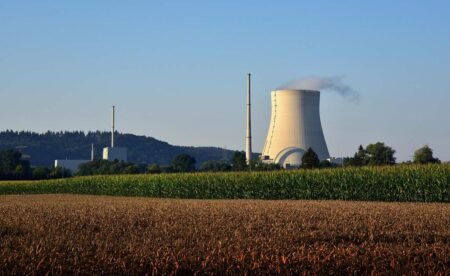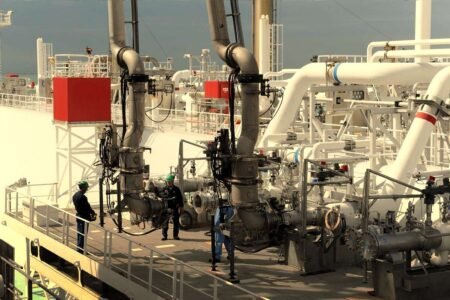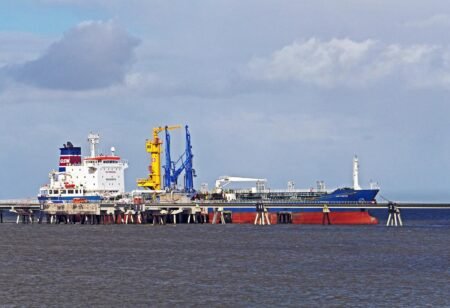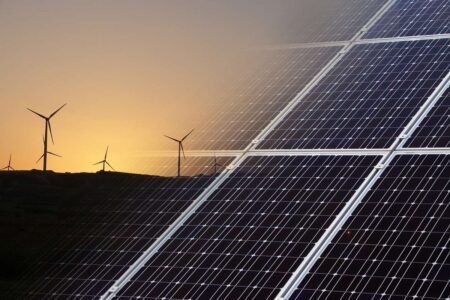The European Commission today issued a report on the resilience of the European gas system, which looks to answer concerns on possible interruption to Russian gas supplies, whether homes and companies will have the energy they need, and what the EU and Member States can do. The report suggests that more gas will continue to be delivered to homes and companies, if Member States cooperate and allow market forces to work as long as possible. Government intervention should be carefully prepared on a regional basis and only kick in, if needed. And the report includes concrete short-term recommendations for the most vulnerable Member States and neighbouring countries.
Advertisement
1. What is the European Gas Stress Tests about?
The Stress Tests were launched following the European Commission’s European Energy Security Strategy and at the request of the European Council in June. It aims at assessing in detail the impact of a potential disruption of gas supplies in various European countries and at developing lessons on how to minimize the potential negative impact.
The exercise consisted in a simulation of two main hypothetical disruption scenarios during autumn/winter (for periods of one month and six months in each case):
- a complete halt of Russian gas imports into the EU and the Contracting Parties of the Energy Community
- a disruption of the Ukraine transit route.
The scenarios are by no means a prognosis; they were chosen based on the idea to test our systems under demanding conditions, including the disruption of all the flows from Europe´s main external supplier of gas.
2. How did it work?
All participating countries were asked to simulate their security of supply situation in the different scenarios previously mentioned, taking into account the situation of their neighbours. They were also asked to describe the concrete measures they would apply to prevent a national crisis or to mitigate its effect, considering in particular the cross-border effects of envisaged measures on neighbours.
The Communication constitutes a comprehensive analysis of the results of the national reports. It could also draw upon supporting work carried out by the European Network of Transmission System Operators for Gas (ENTSOG), which carried out a simulation of the supply situation with the available data on a technical level.
To ensure a consistent approach in those areas where the impact of a disruption is likely to be most prominent, three Focus Groups were created (for South-East Europe, Baltic States and Finland and the Energy Community). The Commission worked particularly closely with these countries throughout the whole process, with the aim to develop efficient and well-coordinated measures for these particularly vulnerable countries.
It is for the first time that such detailed European-wide analysis of the security of supply situation was carried out according to common standards and specific scenarios.
3. What are the main findings?
A prolonged supply disruption would have a substantial impact in the EU, with the Eastern Member States and the Energy Community countries being affected most. Altogether, the EU and the Energy Community Contracting Parties, excluding Ukraine, could be missing between 5-9 bcm, even after reshuffling their supply mix.
However, a cooperative approach among all European countries could significantly reduce the impact in the most affected countries. For the cooperative approach, it was assumed that Member States will continue to allow gas to flow to neighbouring countries. If, on the contrary, Member States though which gas transits flow close their borders, the situation can be significantly worse.
In general, the Stress Tests showed that a market-based approach should be the guiding principle, with non-market measures (i.e. the release of strategic stocks, forced fuels switching and demand curtailment) only kicking in when the market fails.
In a functioning market, price signals will attract new deliveries of gas, mainly LNG, and limit demand; the commercial use of storage will help ensure the demand-supply balance. The report contains concrete recommendations on short-term measures for the most vulnerable EU Member States and the neighbouring countries.
4. Why were neighbouring countries involved?
Given the interdependency of energy systems in Europe, the impacts of a severe supply disruption and the necessary measures to cope with such events cannot be fully assessed from a purely national or just EU perspective. Any assessment needs to take into account the role of closer suppliers, such as Norway, as well as transit countries within Europe, such as Switzerland.
The Energy Community was involved in the exercise because the EU and the Energy Community need to cooperate in case of disruptions of supply. The main aim of the Energy Community – which is to link the markets of the Energy Community and those of the EU through full application of the EU regulatory framework – is an important factor of solidarity and integration and it enhances the stability and security when fully implemented.
Since the EU Member States and the Contracting Parties share the same infrastructures for gas supply, they can more effectively respond to the disruptions if such cooperation takes place.
It is a strong political signal that the Energy Community is functioning not only in good times or in normal times, but that it is proving its value added above all in difficult times. The result of the report clearly shows that cooperation between the EU Member States and the Contracting Parties of the Energy Community is vital for security of supply of gas.
The Commission has therefore worked closely with the Energy Community Contracting Parties and candidates and will continue to do so with winter approaching.
5. Solidarity means that few states will need to pay for others?
Solidarity measures are not grants or gifts but operational emergency response measures to which the beneficiary will ultimately have to contribute. It is clear that cooperative approaches, including sharing gas volumes, cannot just be a one-way street. This also requires that the vulnerable Member States do the utmost to prepare and avoid an emergency situation by undertaking the necessary steps.
Approaches based on isolation and suspicions go against the solidarity that is needed to create a true Energy Union. Instead, a cooperative approach should also allow for an appropriate allocation of costs of the measures necessary to cope with a crisis in the short but also in the medium and long term.
6. How dependent are we from Russia?
Today, the EU imports 53% of the energy it consumes. Energy dependence relates to crude oil (almost 90%), to natural gas (66%), and to a lesser extent to solid fuels (42%) as well as nuclear fuel (40%).
7. Do we have sufficient gas storage?
Storage is a key tool to balance the supply-demand situation in all Member States and Energy Community countries where storage infrastructure is available, particularly in a disruption scenario. As of early October, storage filling levels in the EU were very high at around 90%. Only two Member States (Hungary and Portugal) had storage levels under 80%, but this figure must be put into the right context taking into account the large storage capacities. In this regard Hungary’s ratio of storage fill-to-demand is above the average.
Despite the high levels, it must be borne in mind that a long-lasting crisis or simply a cold winter could empty storages and necessitate resorting to other security of supply measures in order to ensure the supply of customers. Filling storages beyond usual filling levels and ensuring that the withdrawal pace has regard to the possibility of an enduring winter period can prove to be important preparatory measures in the Member States most exposed in the case of a crisis.
8. What will happen next?
Based on the results of the stress tests, the Commission has proposed a set of recommendations to the European Council in October. The Commission expects the endorsement from the Heads of state or government to continue its work on such recommendations, on the one hand, via a permanent monitoring of their implementation in the short term, and, on the other, continuing its work with the Member States and the European Parliament to define the key objectives of security of electricity and gas supply for the EU in the years to come. The Commission and the Energy Community Secretariat will closely follow this process.
Further information







